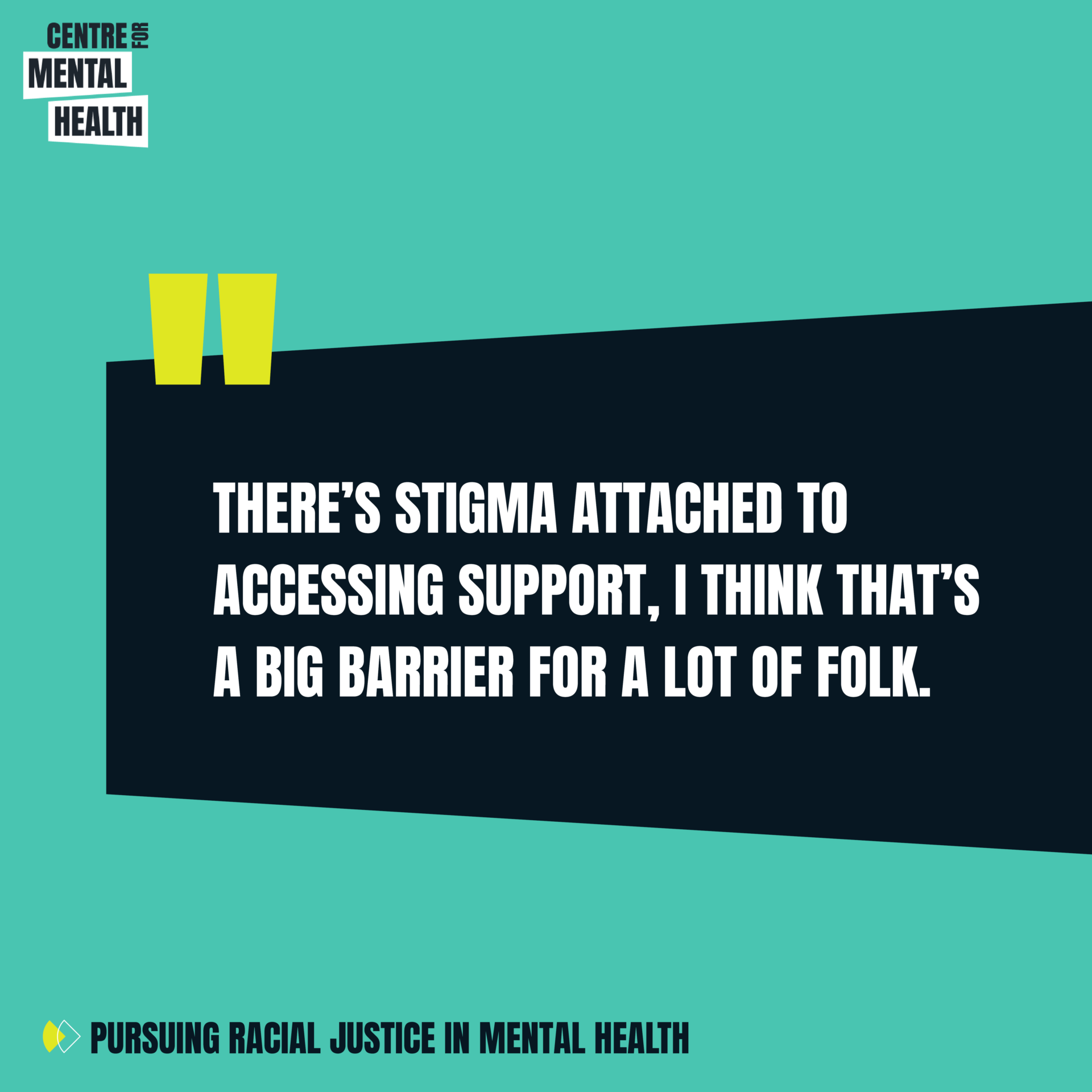How the voluntary sector can help meet the needs of racialised communities
Learnings from Bradford and Craven
Zoë McHayle, Adetola Obateru and David Woodhead
Research shows that racism can cause psychological trauma, anxiety and depression. But it also stops people from getting help when they need it.
Pursuing racial justice in mental health shows that people from racialised communities can encounter numerous barriers to accessing mental health services, including discriminatory practices, poor understanding of cultural differences, and stigma surrounding mental illness. This can mean that some people from racialised communities only become known to services in times of crisis.
The voluntary sector – with established links to communities most in need but least likely to get support – has a significant role to play in helping to meet the mental health needs of racialised communities. Commissioned by Bradford District and Craven Health and Care Partnership, this report explores how health and care services across the country can build stronger partnerships with community organisations to design and deliver mental health support that overcomes the harms and barriers caused by racism.
The report shares insights from people living and working in Bradford District and Craven about how racism causes poor mental health, stops people from accessing services, affects people’s experiences of treatment, and hinders their recovery.


Pursuing racial justice in mental health conveys a determination to tackle this stark inequality and rebuild trust in health care systems which has been eroded due to institutional racism. It calls on system leaders in other parts of the country to make a similar commitment, to work in partnership with their communities to challenge racism and racial injustice in and around their mental health services.




